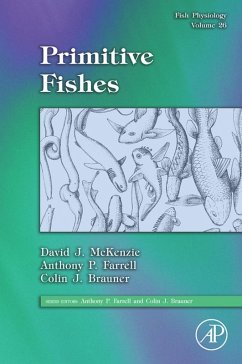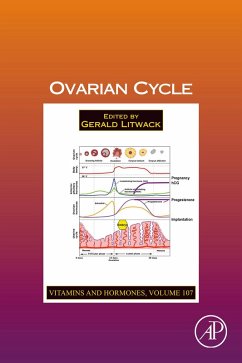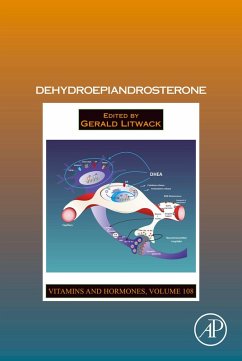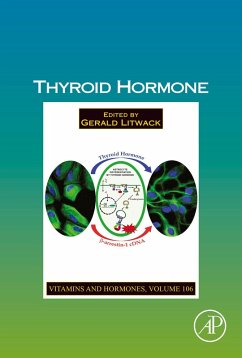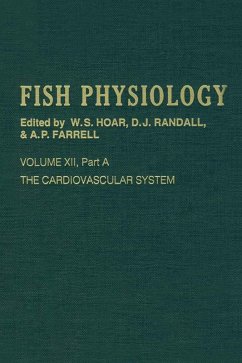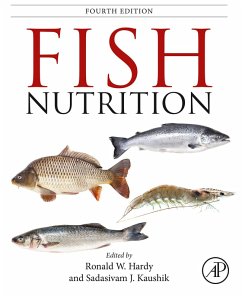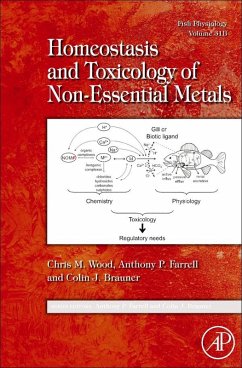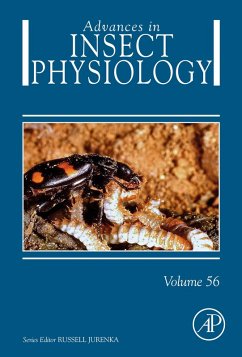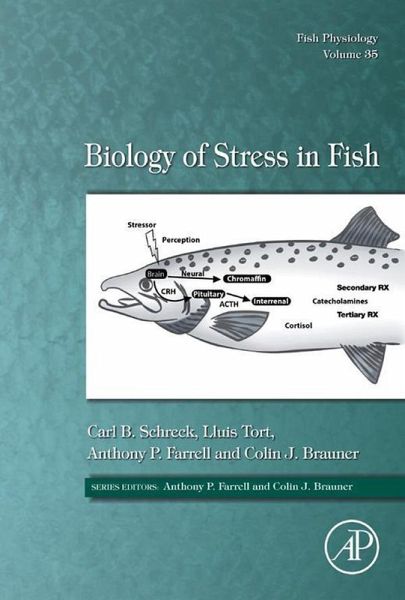
Biology of Stress in Fish (eBook, ePUB)
Versandkostenfrei!
Sofort per Download lieferbar
63,95 €
inkl. MwSt.
Weitere Ausgaben:

PAYBACK Punkte
32 °P sammeln!
Biology of Stress in Fish: Fish Physiology provides a general understanding on the topic of stress biology, including most of the recent advances in the field. The book starts with a general discussion of stress, providing answers to issues such as its definition, the nature of the physiological stress response, and the factors that affect the stress response. It also considers the biotic and abiotic factors that cause variation in the stress response, how the stress response is generated and controlled, its effect on physiological and organismic function and performance, and applied assessmen...
Biology of Stress in Fish: Fish Physiology provides a general understanding on the topic of stress biology, including most of the recent advances in the field. The book starts with a general discussion of stress, providing answers to issues such as its definition, the nature of the physiological stress response, and the factors that affect the stress response. It also considers the biotic and abiotic factors that cause variation in the stress response, how the stress response is generated and controlled, its effect on physiological and organismic function and performance, and applied assessment of stress, animal welfare, and stress as related to model species. - Provides the definitive reference on stress in fish as written by world-renowned experts in the field - Includes the most recent advances and up-to-date thinking about the causes of stress in fish, their implications, and how to minimize the negative effects - Considers the biotic and abiotic factors that cause variation in the stress response
Dieser Download kann aus rechtlichen Gründen nur mit Rechnungsadresse in A, B, BG, CY, CZ, D, DK, EW, E, FIN, F, GR, HR, H, IRL, I, LT, L, LR, M, NL, PL, P, R, S, SLO, SK ausgeliefert werden.




